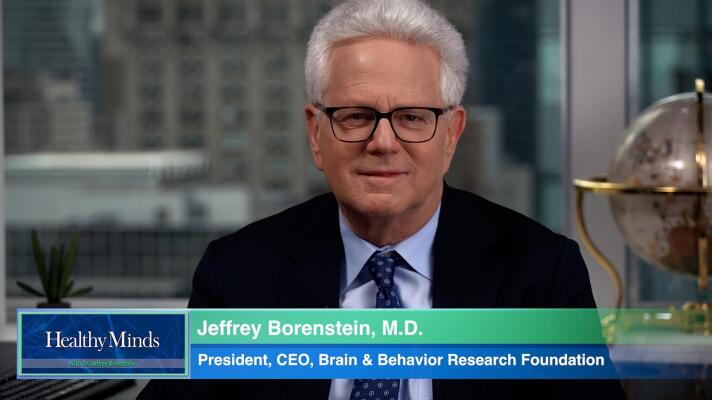Extras
Explore the life and legacy of notable Black scholar and civil rights pioneer W.E.B. Du Bois.
Preview:
S40
E4
|
2:29
Follow filmmaker Julie Forrest Wyman as she searches for her place in the little people community.
Preview:
S27
E8
|
0:30
One woman exposes abuse within Amish communities and helps survivors find the strength to speak out.
Preview:
S27
E7
|
0:30
Preview: Coastal Maine Botanical Gardens, Hour 3
Preview:
S30
E9
|
0:30
The new season kicks off in 1971 as several of the ladies embrace Women’s Lib.
Preview:
S15
|
0:30
Parenthood is the ultimate journey, full of danger.
Preview:
S44
E10
|
0:30
A boxer crab mother relies on living anemones for defense.
Clip:
S44
E10
|
2:59
This spider mother provides one last meal for her brood: herself.
Clip:
S44
E10
|
3:17
An unlikely partnership in East Lombok turns shark hunting into a ecotourism venture.
Special:
15:35
Discover the ingenuity, vision, and masterful talent of some of our most extraordinary artisans.
Special:
0:30
Latest Episodes
All
-
All
-
Healthy Minds With Dr. Jeffrey Borenstein Season 10
-
Healthy Minds With Dr. Jeffrey Borenstein Season 9
-
Healthy Minds With Dr. Jeffrey Borenstein Season 8
-
Healthy Minds With Dr. Jeffrey Borenstein Season 7
-
Season 6
-
Season 5
Prioritizing early intervention and education plans to give autistic children more opportunity.
Episode:
S10
E11
|
26:46
Cognitive behavior and virtual reality therapies for excessive acquisition, difficulty discarding.
Episode:
S10
E7
|
26:47
Navigating the issues of mental illness diagnosis and competency for trial.
Episode:
S10
E9
|
26:46
Symptom education for early intervention, and the benefits of a team approach with peer support.
Episode:
S10
E13
|
26:47
Assessing developmental history, degree of symptoms, eye contact, motor behaviors, and genetics.
Episode:
S10
E10
|
26:46
Treating psychosis with less side effects; psychedelics for depression; psychiatric use of GLP-1.
Episode:
S10
E2
|
26:46
Blood tests that show biomarkers for Alzheimer’s disease can delay onset of symptoms.
Episode:
S10
E3
|
26:47
Ketamine as effective treatment for depression; a synthetic hormone treats post-partum depression.
Episode:
S10
E1
|
26:47
Using mathematical models and brain imaging to understand bulimia nervosa and binge eating.
Episode:
S10
E8
|
26:47
Goal-oriented care for Borderline Personality Disorder now has positive outcomes.
Episode:
S10
E5
|
26:47





















